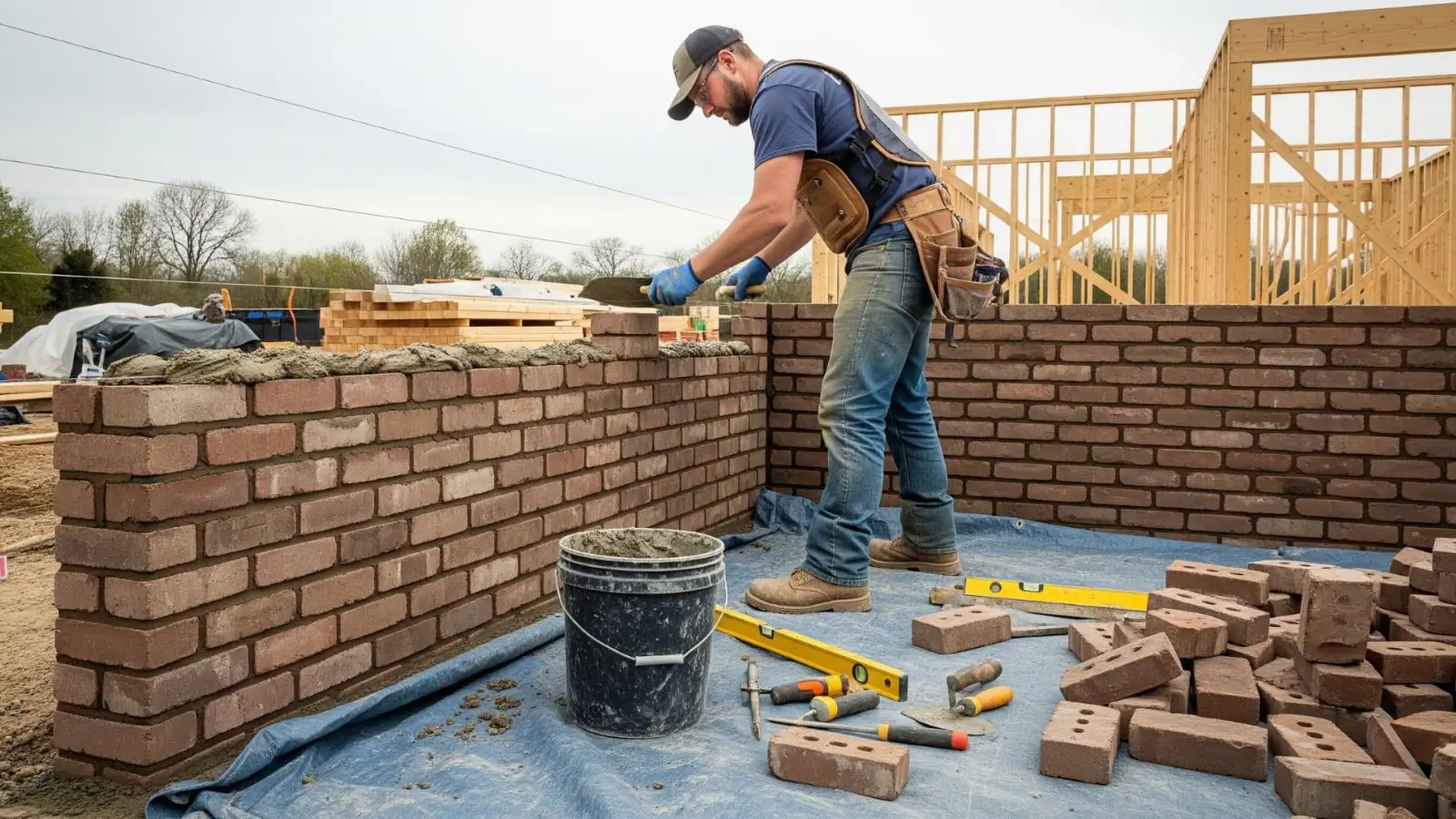


Discover how timely inspections and professional Brique Maçonnerie services protect Montreal properties from cracking, moisture damage, and structural deterioration.
In a city known for its striking historic architecture, maintaining building exteriors is not only about aesthetics — it’s about longevity. Montreal’s freeze-thaw climate and seasonal moisture fluctuations put significant stress on brick and stone façades. When small masonry problems go unchecked, they often lead to costly structural damage that could have been prevented with regular maintenance.
Modern Brique Maçonnerie practices combine craftsmanship with technical precision to extend the life of exterior walls, preserve property value, and uphold the unique architectural character of Montreal’s skyline.
Montreal’s harsh winters are among the leading causes of masonry degradation. As water seeps into porous materials and freezes, the expansion exerts internal pressure that breaks down mortar joints and bricks over time. This process, known as freeze-thaw cycling, gradually compromises the wall’s structural stability.
Efflorescence — the white, powdery residue that forms on surfaces — is another sign of water movement within the masonry. While often dismissed as cosmetic, it indicates moisture infiltration that could lead to long-term damage. Regular inspections help property owners identify these warning signs early and schedule appropriate repointing or restoration before the issues escalate.
The National Research Council of Canada notes that early detection and maintenance of masonry joints significantly reduce water penetration, one of the key contributors to façade failure.
Cracks in masonry walls are more than visual imperfections — they are pathways for water intrusion and structural weakening. Spalling, where the brick surface flakes or breaks off, often follows cycles of moisture absorption and freezing. Over time, these small fractures widen and compromise load-bearing capacity, leading to safety risks and higher repair costs.
For commercial properties or multi-unit residences, neglecting visible cracks can also create compliance issues under municipal safety codes. Periodic inspections and professional assessments are essential to prevent small defects from turning into large-scale restoration projects. According to RenoAssistance.ca, prompt masonry repairs can lower long-term maintenance expenses by up to 40%.
Mortar acts as the binding element that holds every brick in place, distributing weight and providing weather resistance. When mortar joints erode, water finds direct entry points into the wall system, accelerating interior deterioration.
Repointing — the process of removing and replacing damaged mortar — is a specialized craft that ensures bricks remain structurally bonded and visually uniform. Skilled masons match the mortar composition and texture to the existing structure, maintaining both integrity and appearance.
Routine repointing not only restores strength but also extends the life of the wall by decades. The Canadian Masonry Research Institute recommends repointing every 25 to 30 years, depending on exposure and building age, to prevent major reconstruction work later.
Unchecked moisture is the most expensive masonry issue in the long run. Once water penetrates a wall, it can corrode embedded steel supports, stain interiors, and trigger mold formation. The resulting structural and air-quality problems affect both safety and property value.
Preventive sealing, flashing installation, and drainage design are cost-effective measures that minimize future damage. In corporate and multi-unit buildings, these upgrades often fall under planned capital maintenance — a proactive step that avoids emergency repairs and insurance claims.
By integrating modern inspection tools and restoration methods, property owners can maintain compliance while ensuring their buildings retain aesthetic and market value.
From a financial perspective, delaying masonry maintenance rarely saves money. Small repairs, when managed promptly, typically cost a fraction of full façade restoration or structural rebuilding. Moreover, well-maintained exteriors project professionalism and reliability — qualities that positively influence tenant retention and investor perception.
Preventive programs are especially valuable in corporate real estate portfolios, where consistent asset condition directly affects overall property valuation. Investing in high-quality Brique Maçonnerie services ensures that every repair supports long-term structural integrity and visual harmony.
The brick and stone façades that define Montreal’s landscape are more than architectural features — they are investments that require professional care. Routine inspections, mortar maintenance, and moisture prevention are essential to avoiding expensive repairs and preserving heritage craftsmanship.
In today’s market, property owners who act early protect both their assets and the city’s historic identity. Quality masonry care is not a short-term expense; it’s a long-term commitment to safety, durability, and value.
Explore more expert insights on Montreal Masonry, including repair techniques, inspection schedules, and restoration options for both residential and commercial properties.